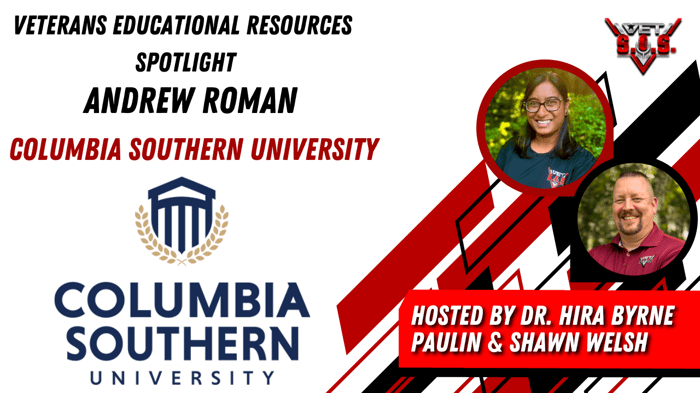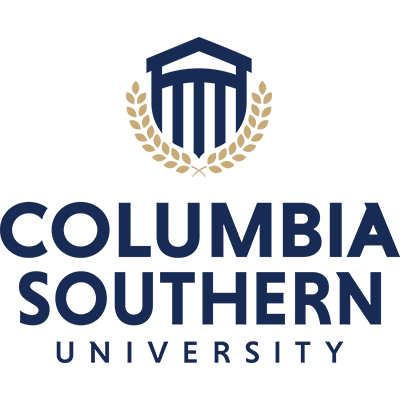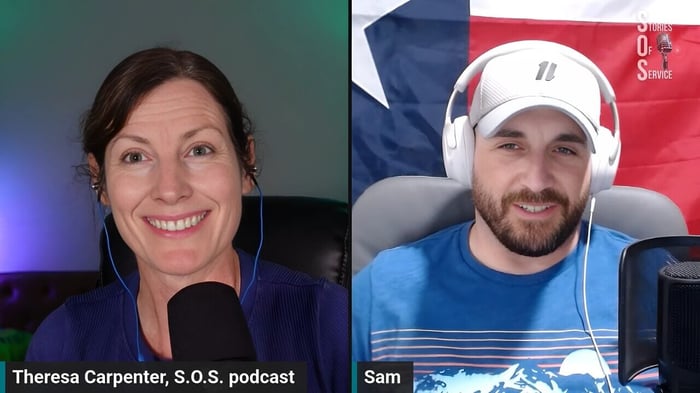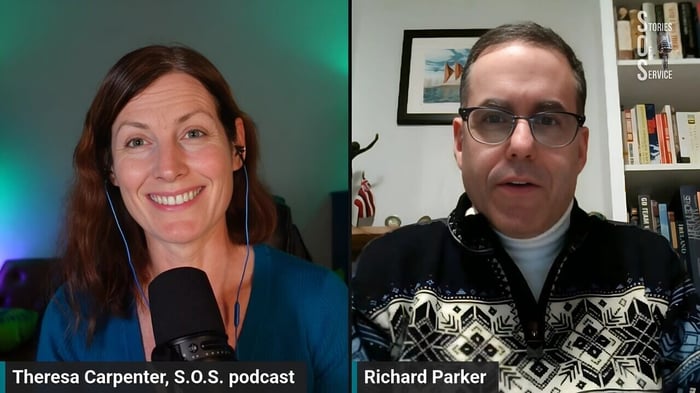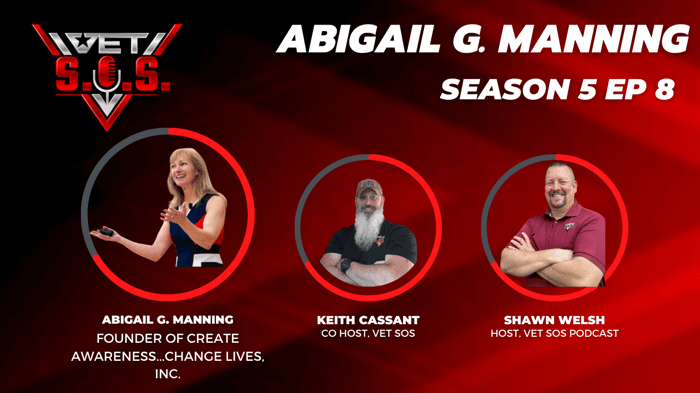The veteran transition from military service to civilian life can be one of the most challenging journeys a service member embarks upon. In a recent episode of VET S.O.S., we sat down with Andrew Roman, Director of Veteran Initiatives at Columbia Southern University, to discuss his veteran transition, his current role in higher education, and the ways CSU supports military-affiliated students. With an extensive military career spanning over 32 years in the Michigan Army National Guard, Andrew’s insights are invaluable for service members looking to navigate their veteran transition successfully.
A Storied Military Career and the Transition to Civilian Life
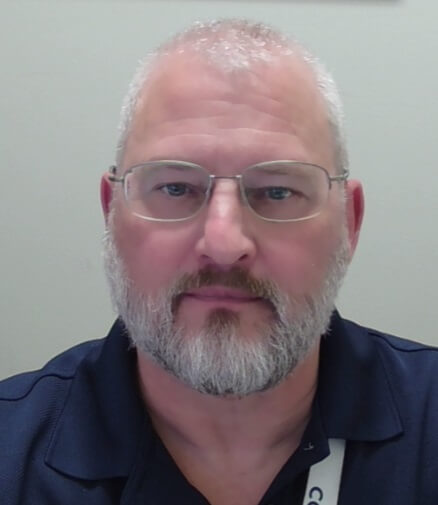 Andrew Roman
Andrew RomanAndrew Roman’s military career began in 1986 when he enlisted in the Michigan Army National Guard as a fire control repair specialist. He later attended Officer Candidate School at the Michigan Military Academy and was commissioned as a Second Lieutenant in 1988 in the Transportation Corps. Over the years, Andrew served in various roles, including Battalion Commander, Inspector General, and Chief of Staff of the Michigan Army National Guard. He officially retired from service in 2018.
Despite his extensive leadership experience, Andrew admits that veteran transition into the civilian workforce was no easy feat. “The word ‘fortunate’ is the only word I can use to describe my veteran transition,” he shares. “Even though you would think that level of experience prepares you for an easy transition, I found myself just as lost as anyone else coming out of the military.”
One of the biggest challenges he faced was the uncertainty of what came next. Unlike traditional active-duty service members, National Guard members often straddle the military and civilian worlds. However, Andrew was a full-time service member for nearly 30 years, making his veteran transition just as daunting.
Adding to the complexity, Andrew and his family decided to relocate before securing employment. Selling their house within two weeks, they moved to the Alabama Gulf Coast with no job and no permanent residence. He advises others against this approach, acknowledging he was lucky to land his current position as Columbia Southern University’s first-ever Director of Veteran Initiatives.
Columbia Southern University’s Commitment to Military-Affiliated Students
Founded in 1993 by Vietnam veteran Dr. Robert Mays, Columbia Southern University (CSU) has a longstanding commitment to supporting military-affiliated students. As a fully online institution with over 28,000 active students, CSU serves a large population of military members, veterans, and their families.
According to Andrew, CSU’s military-affiliated student population includes:
Over 3,000 GI Bill students
Over 4,000 actively serving military personnel (including active duty, Reserve, and National Guard members)
Between 500 and 1,000 military spouses and dependents
This robust military presence has driven CSU to create targeted initiatives, including dedicated military teams and specialized scholarships to assist in veteran transition into higher education.
Dedicated Support for Military Students
Despite the university’s large enrollment, the Department of Veteran Initiatives consists of only two people: Andrew and a veteran education representative. However, CSU has a separate military team of about ten individuals focused on supporting active-duty service members, as well as a department dedicated to military spouses, families, and pathways.
While resources may be limited, Andrew and his team are deeply committed to engaging with the veteran and military community. They work on both retention efforts for current students and outreach initiatives to prospective students.
Some of the key programs and benefits CSU offers include:
Scholarships for Military Students: CSU provides targeted scholarships such as the Forever a Hero Scholarship (for veterans) and the Hero Behind the Hero Scholarship (for military spouses). These programs help make higher education more accessible to the military community.
Tuition Discounts: CSU offers a 10% discount on tuition for veterans, spouses, and dependents.
Tuition Assistance Alignment: CSU caps tuition rates for service members at $250 per credit hour, including graduate-level courses, to align with military tuition assistance programs.
Student Veterans of America (SVA) Chapter: Andrew serves as the chapter advisor for CSU’s SVA chapter, a student organization that provides networking, leadership development, and advocacy opportunities for veterans pursuing higher education and making their veteran transition smoother.
Bridging the Gap: The Importance of Community in Higher Education
One of Andrew’s biggest passions is building a sense of camaraderie among CSU’s veteran students. Since CSU operates entirely online, its students don’t have access to a physical veteran resource center like they would at traditional brick-and-mortar institutions. To bridge this gap, Andrew has worked tirelessly to strengthen CSU’s Student Veterans of America chapter.
This year marked a significant milestone—Andrew was able to fill all four leadership positions within the chapter and take three student veteran leaders to the Student Veterans of America National Convention (NATCON) in Colorado Springs. NATCON is the largest gathering of student veterans in the country, providing attendees with networking opportunities, educational sessions, and exposure to potential employers.
“The camaraderie developed at events like this is invaluable,” Andrew shares. “Our students may be dispersed across the country, but this convention gave them the opportunity to connect in person, strengthen bonds, and engage with the broader veteran community.”
Lessons Learned and Advice for Transitioning Veterans
Reflecting on his veteran transition journey and current role, Andrew emphasizes the importance of preparation and networking. He encourages service members to start planning early—well before their separation date—and to leverage available resources, including veteran-focused educational opportunities and professional organizations.
Additionally, he stresses the need for persistence and adaptability. “Veteran transition is a journey, not a single step,” he notes. “It’s important to keep an open mind, stay connected with others, and continue seeking opportunities for personal and professional growth.”
Conclusion: A Lifeline for Veterans in Transition
Andrew’s story serves as both a cautionary tale and an inspiring testament to the power of resilience. While his veteran transition was not without its hurdles, he found a fulfilling role at CSU where he can continue serving the veteran community. His work ensures that thousands of military-affiliated students receive the support they need to succeed in higher education and beyond.
For veterans and military spouses considering their next steps, Columbia Southern University stands out as a strong option, offering tailored resources, a supportive community, and a dedication to empowering service members in their veteran transition to civilian life.
As we always say on VET S.O.S., “Don’t drown in the sea of transition. Grab the VET S.O.S. lifeline.”
For more insights and resources, be sure to subscribe to the VET S.O.S. podcast on your favorite podcast platform, YouTube, and social media channels. Stay connected, stay informed, and most importantly—stay supported.
